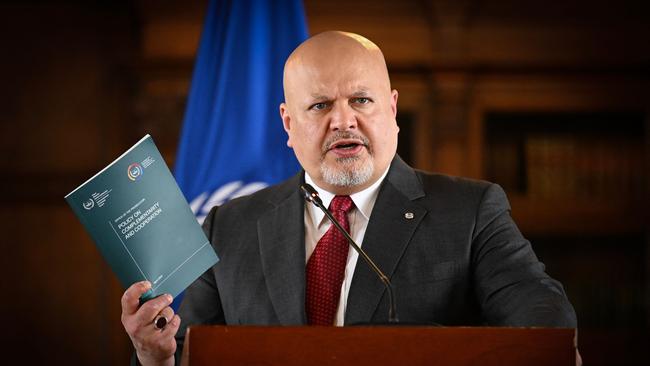
That is not to suggest the ICC’s decision is trivial. But it is just another misjudgment by an institution as ill-managed in practice as it was ill-conceived in theory.
The court was, for sure, an experiment. In the past, war crimes trials, such as those as Nuremberg, were held once the conflict was over. In contrast, the ICC’s mandate allows it to intervene in the heat of the battle. That was always freighted with hopes and fraught with risks. None of the hopes eventuated; all of the risks did, and with a vengeance.
Unfortunately, the endless sequence of errors passed virtually unnoticed. For most of its history, the ICC focused on Africa, dealing with parts of the world far from the Western media’s eyes and even further from its understanding. Wracked by sand-laden winds or drenched in torrid heat, populated by warlords with a well-deserved reputation for savagery, these places were hardly tourist destinations.
It was there, however, that the ICC forged its standard operating procedure. Academics don’t agree on much, with Africanists being no exception. But on this there is little disagreement: the ICC’s interventions were almost always disastrous.
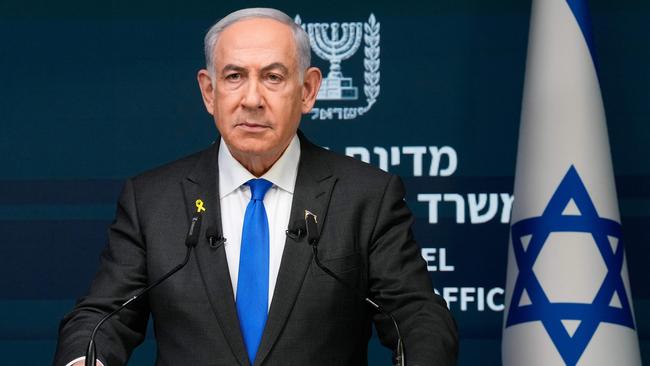
First and fatally, the ICC allowed itself to be manipulated into picking sides in messy and protracted conflicts that hardly lent themselves to simplistic moralising.
Seeing why that happened is not difficult. Eager to initiate prosecutions but lacking any presence on the ground, the ICC depended on national governments and often deeply partisan NGOs for referrals, as well as on national security agencies for information and enforcement.
Heightening that dependence was its reluctance to properly visit, much less scrupulously investigate, the alleged crime scenes before rushing to judgment – a reluctance Antonio Cassese, the distinguished first president of the International Criminal Tribunal for the former Yugoslavia, excoriated, like a teacher dressing down particularly inept students, when the court asked him to review its operations.
Predictably, Cassese’s report was ignored. As a result, in Uganda, the Democratic Republic of Congo, Sudan, Mali, Libya and Cote d’Ivoire, the ICC did exactly what its associates demanded: it seriously pursued only their opponents, despite the grievous culpability of the favoured side.
The effect was to strengthen the brutal, appallingly corrupt regimes on which the ICC relied, such as that of Joseph Kabila in the DRC, while stoking the regional, religious and ethnic resentments that had fuelled the conflicts in the first place.
To make things worse, the ICC repeatedly stymied peace processes, including by hindering the opponents’ participation in international negotiations. Compounding the difficulties, its refusal to endorse amnesties drastically reduced the incentive to reach agreement, contributing, for example, to the failure of the Ugandan negotiations in Juba and of peace initiatives in the DRC.
Claiming that conflicts could only be resolved by bringing alleged criminals to trial – “arrest the sought criminals today”, said its first Prosecutor, Luis Moreno Ocampo, “and you will have peace and justice tomorrow” – it even tried to derail successful amnesty programs, such as the disarmament, demobilisation and reintegration scheme in Uganda.
And when a Truth and Reconciliation Commission was established in the DRC, the ICC sapped its effectiveness by refusing to rule out prosecuting fighters who confessed.
Faced with the horrific consequences of having prolonged conflicts which in the DRC alone had cost over six million lives, the ICC proved unrepentant. Instead, its policy remained that Ocampo set out in 2007, when he said that “at the court, we can’t take our impact into account”. To Ocampo’s fatuous assertion his successor, Fatou Bensouda, added the absurdity that “taking into account peace initiatives” would compromise the ICC’s “impartiality”.
Those failings, as well as myriad others, may seem startling. But they would not have surprised Immanuel Kant. In 1784, he had echoed the proposal, advanced in 1713 by the abbe de Saint-Pierre, for a world court armed with coercive powers to secure “perpetual peace”.
By 1795, the start of what would become the Napoleonic Wars had induced a complete reconsideration.
In an analysis brilliantly extended by Harvard’s Judith Shklar (whose Legalism (1964) is a masterpiece of international jurisprudence), Kant drew two, strikingly relevant, conclusions.
The first is that “the possibility of formal justice cannot prevail under all political circumstances”. It is not the rule of law that makes a free society possible; it is the institutions of a free or “republican” society that enable the rule of law.
Those institutions, which give the legal system its legitimacy, include a parliament that monitors the workings of the laws and adapts them when they threaten freedom, an executive committed to the laws’ equal application, and most of all, a degree of public “unanimity on republican principles” that acts as a constant check on the abuse of judicial power.
The ICC’s claim that it “creates global governance without a global government”, as if the legal system could be isolated from its broader context, is consequently nonsense. As for pretending to build the rule of law without the scaffolding of liberal institutions – and the discipline and accountability they bring – it is nonsense upon stilts.
Second and even more important, an international court that could be swayed or dominated by illiberal polities was, Kant argued, not a recipe for a peace conducive to human flourishing: it was a recipe for the “peace of a graveyard”, in which freedom’s enemies would exploit the court to bury freedom’s friends.
The workings of such a court might look like justice and, in Shklar’s words, be considered “respectable by liberals anxious to avoid conflict”. But in “a world without a common interest in peace” and swarming with autocrats, they were a dangerous sham, fostering “the illusion that justice would be done”.
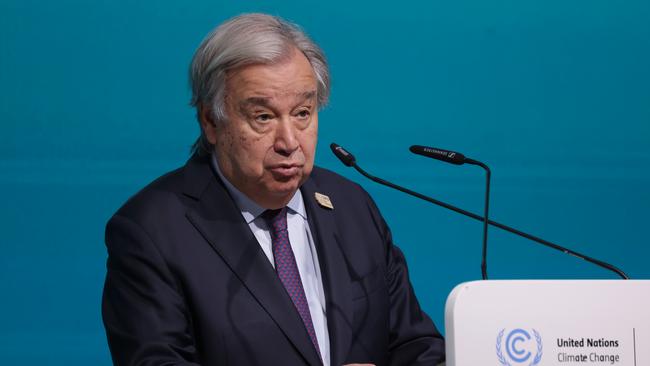
Indeed, Kant went so far as to say that the “state of war is better, in the light of reason, than the fusion of states under a power”, i.e. the proposed court, that could facilitate the triumph of a “soulless despotism”. The wars might allow freedom to prevail and, however haltingly, spread; the “peace of a graveyard” never would.
Thankfully, the ICC is not as powerful as it would like to be. Those who have been among its most aggressive manipulators in the fight against Israel, such as South Africa, treat it with lordly disdain, flaunting their refusal to enforce its arrest warrant against Sudanese strongman Omar al-Bashir. Even the UN’s gormless Secretary-General, Antonio Guterres, did not hesitate to share a platform with Vladimir Putin, despite the ICC warrant for his arrest.
The sad reality, however, is that many Western governments, including Australia’s, take it seriously. Impervious to the ICC’s failure, chillingly ignorant of the West’s intellectual heritage, they display what Shklar mocked as a combination of “Pollyannish optimism and blindness to history”. Theirs, one can only conclude, truly is “the legalism of fools”.



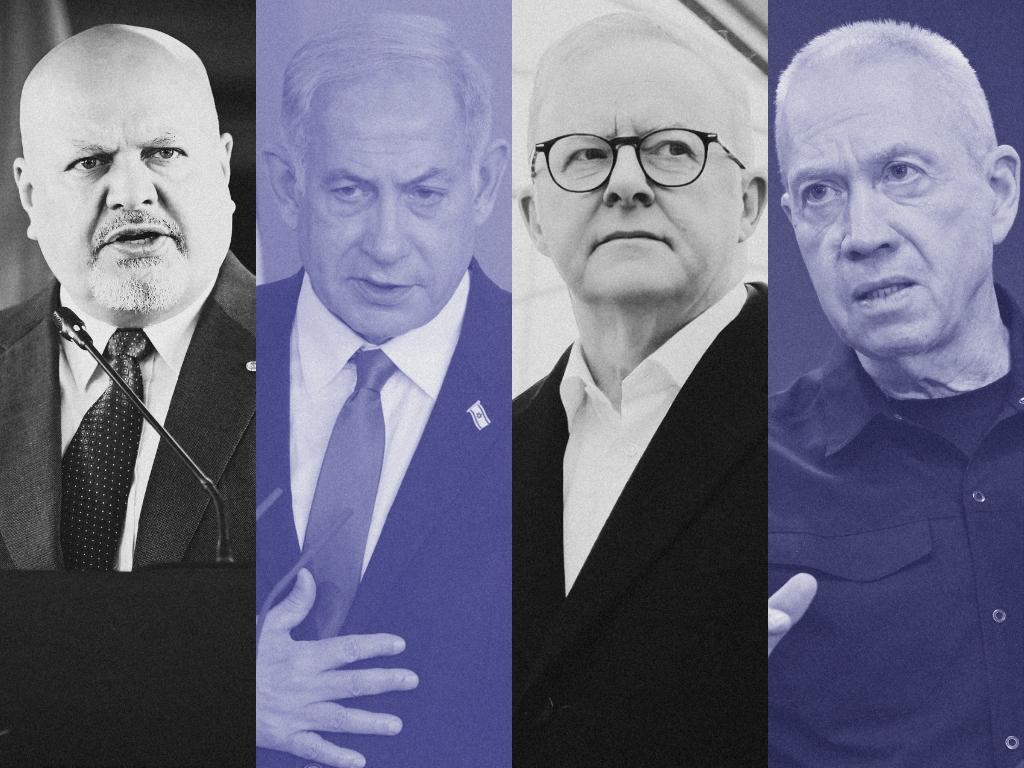
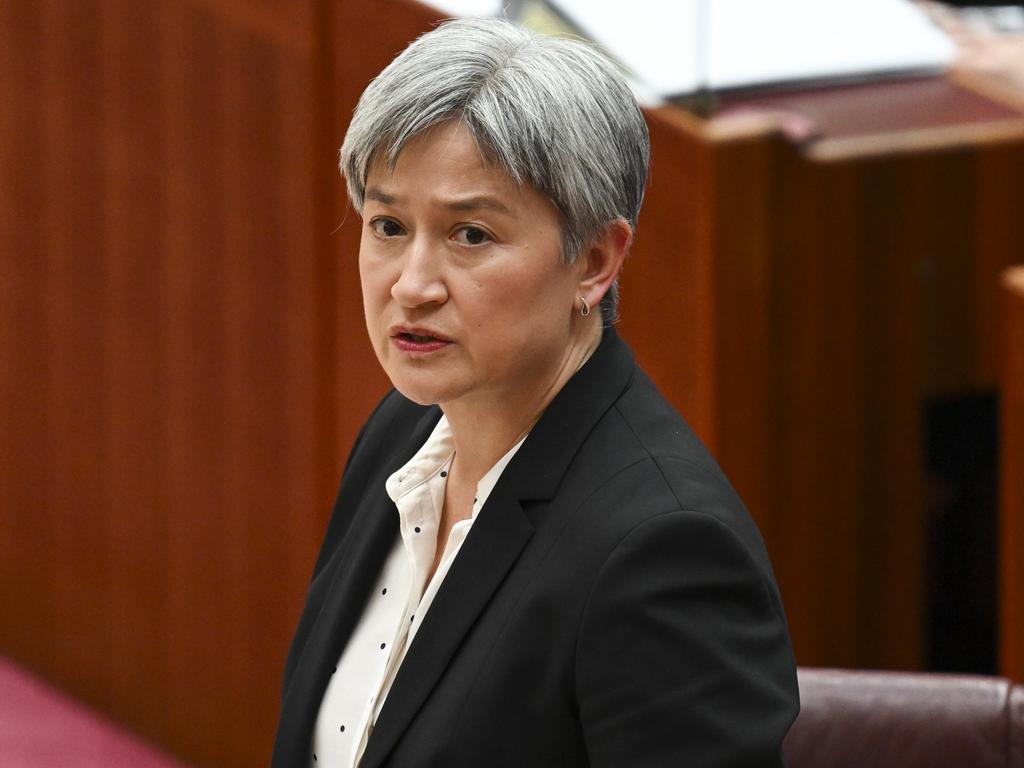


To seasoned observers of the International Criminal Court, the arrest warrants against Benjamin Netanyahu and Yoav Gallant are deja vu all over again.